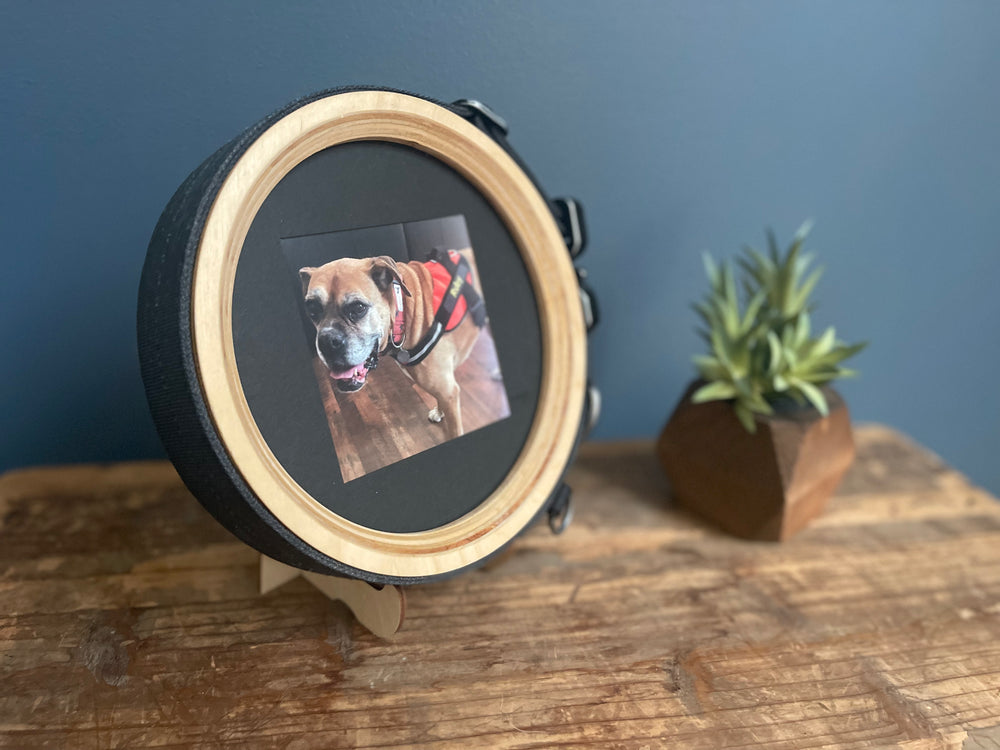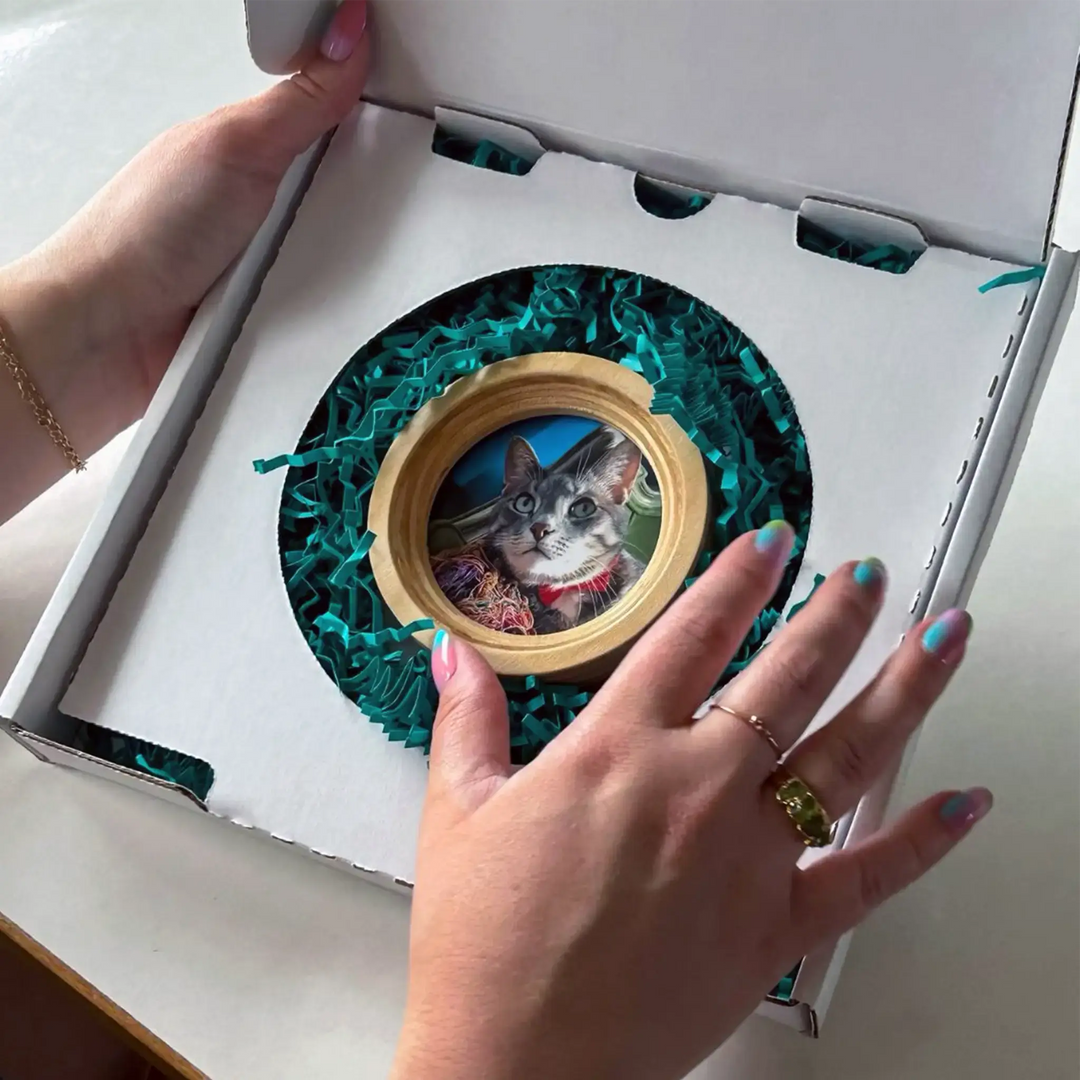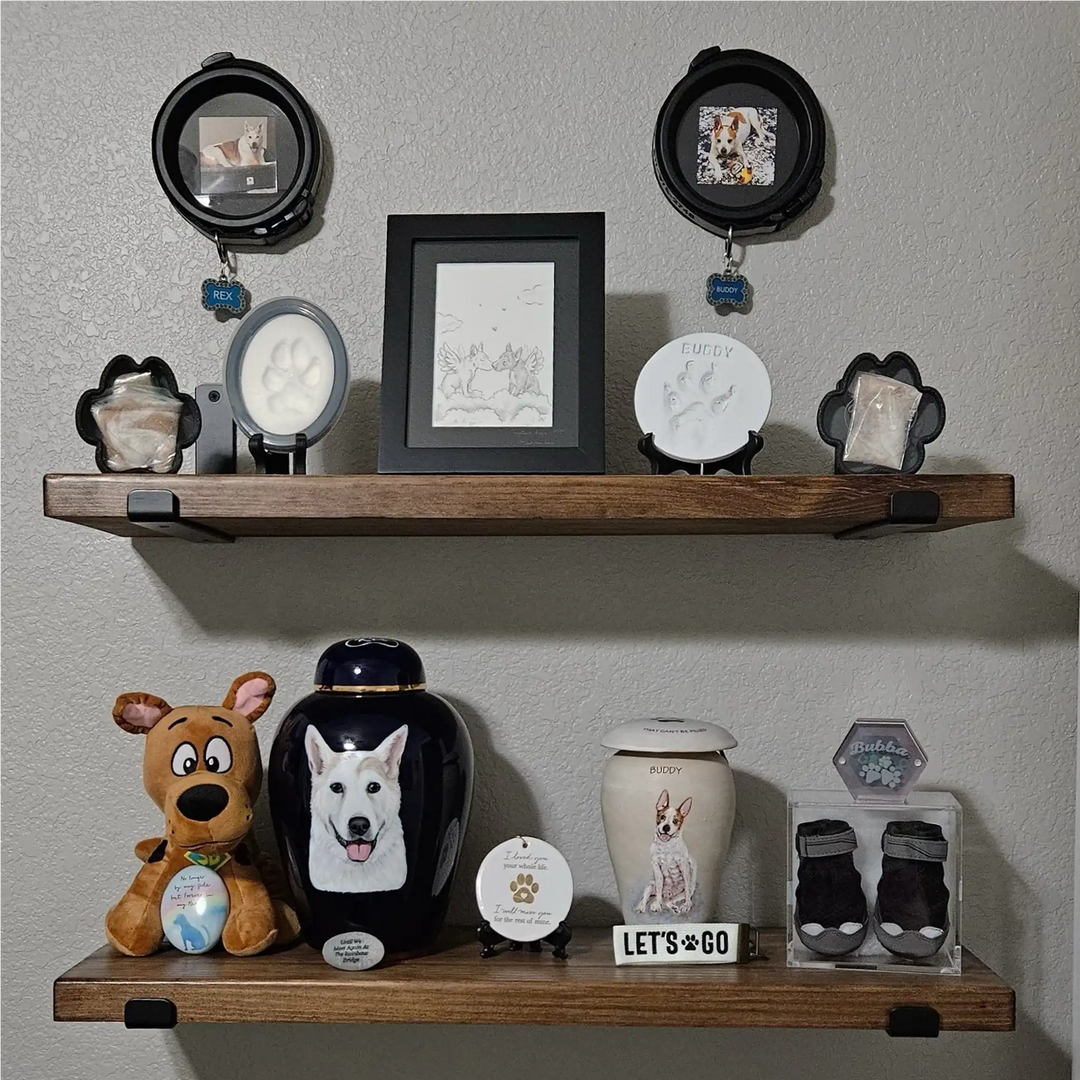Seasonal Pet Care Tips: How to Care for Pets During the Winter Months
Winter can be a magical time of year, with cozy nights and crisp mornings, but it also comes with unique challenges for our furry friends. Whether you’re bundling up for snowy walks or snuggling inside on chilly days, it’s important to keep your pet’s health and comfort in mind.
Here are some seasonal pet care tips to help your pets thrive during the winter months.
1. Keep Them Warm and Cozy
Just like us, pets can feel the cold, especially short-haired breeds, older animals, or those with health issues. Here’s how to keep them comfortable:
- Invest in pet sweaters or coats for dogs who need extra warmth during outdoor adventures.
- Create a warm sleeping area, away from drafts or cold floors, and consider adding a soft blanket for extra coziness.
- Limit outdoor time on extremely cold days, as frostbite and hypothermia can affect pets too.
2. Protect Their Paws
Winter weather can be tough on your pet’s paws. Ice, snow, and de-icing chemicals can cause discomfort or even injury.
- Use pet-safe booties to shield their paws from ice and salt.
- Wipe their paws after walks to remove any salt or chemical residues.
- Apply a paw balm or moisturizer to prevent cracking and dryness.
3. Adjust Their Diet if Necessary
Some pets may need extra calories in winter to maintain their energy and warmth, especially if they’re very active outdoors. Others might need fewer calories if their activity level decreases.
- Consult your veterinarian to determine if dietary adjustments are needed.
- Always ensure your pet has access to fresh, clean water—indoor heating can lead to dehydration.
4. Watch Out for Winter Toxins
Certain winter products can be hazardous to pets, so it’s important to be vigilant.
- Antifreeze is highly toxic but can taste sweet to pets. Clean up any spills immediately and store it securely.
- Use pet-safe de-icers to avoid chemical burns or ingestion risks.
5. Keep Them Active Indoors
Shorter days and colder weather can make it harder to keep pets active, but exercise is still essential for their health and happiness.
- Engage in interactive indoor games like fetch, hide-and-seek, or tug-of-war.
- Use puzzle feeders or treat-dispensing toys to provide mental stimulation.
- Create an indoor agility course using household items like chairs, blankets, or boxes.
6. Provide Extra Care for Senior Pets
Cold weather can be particularly hard on older pets, especially those with arthritis or joint issues.
- Provide a heated pet bed or pad for added comfort.
- Make sure they’re getting regular checkups to manage any health conditions that may worsen in the cold.
- Use rugs or carpets to create traction on slippery floors to prevent falls.
7. Stay Visible During Walks
Winter means shorter days and more walks during low-light conditions.
- Use reflective collars, leashes, or vests to ensure your pet is visible to drivers.
- Carry a flashlight or use a pet-safe LED light attachment for their collar.
8. Monitor Their Behavior
Your pet’s behavior can be a good indicator of how they’re handling the colder months. If they seem lethargic, shiver excessively, or show signs of discomfort, it’s time to make adjustments.
Why Seasonal Care Matters
Caring for your pets during the winter months isn’t just about keeping them safe; it’s about helping them enjoy the season as much as you do. Whether it’s a brisk walk in the snow or a cozy evening by the fire, the right seasonal care ensures they stay healthy and happy.
At Whisker & Fang, we know how much pets mean to their families. We’re here to support you with products and tips that keep your furry family members thriving all year long.
Have your own winter pet care tips or stories? Share them in the comments below—we’d love to hear how you and your pets enjoy the season together!
The content on this blog is not to be taken as advice. All information posted is for informational and educational purposes. It is not intended as a substitute for professional advice. Whisker & Fang management and staff are not responsible for how the information found here is used. If you need help, please seek professional counsel from a mental health professional..






Leave a comment